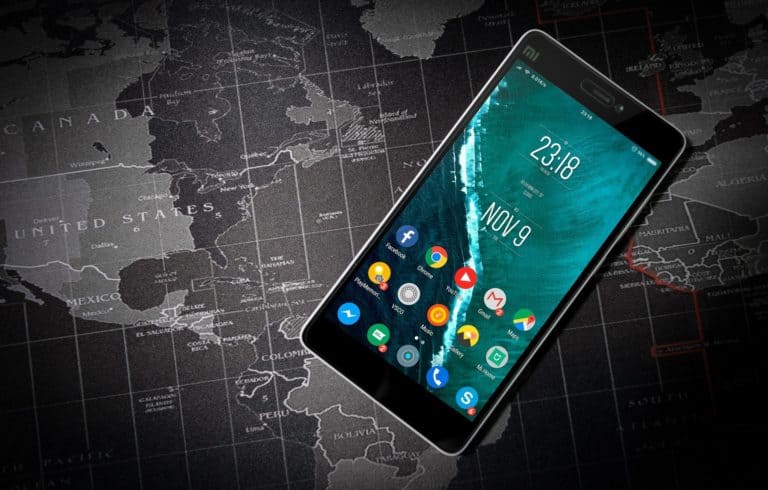A study by MobileIron shows that 74 percent of C-level executives ask for less strict security of mobile security protocols. Even though this group is the most vulnerable to cyber-attacks.
The study stresses that C-level executives are the most vulnerable to potential cyber-attacks. Out of IT decision-makers, 78 percent said C-level executives are most likely to fall victim to phishing attacks. While 72 percent stated the C-suite most often forget their passwords or need help resetting them.
Troublesome
Of C-level executives, 68 percent said IT security compromises personal privacy. An additional 62 percent complains security restricts the usability of their device, while 58 percent believe IT security is too complicated.
More than three quarters (76 percent) of these C-level executives said they asked to bypass certain security protocols last year.
“These results are alarming because all of these exception requests by the C-suite dramatically increase the likelihood of a data breach,” says Brian Foster, SVP Product Management, MobileIron. “Accessing corporate data through a personal device or app takes data out of the protected environment, exposing critical corporate data to malicious individuals who could abuse it.
The ‘Trouble at the Top’ study by MobileIron reveals that 74 percent of IT decision-makers said that C-level administrators are likely to ask for more flexible measures. The survey included 300 IT decision-makers from the Benelux, France, Germany, the United Kingdom and the United States and 50 C-level executives from the United States and the United Kingdom. C-level is the term used for people in high positions (e.g. CEO) where ‘C’ stands for ‘chief’.
